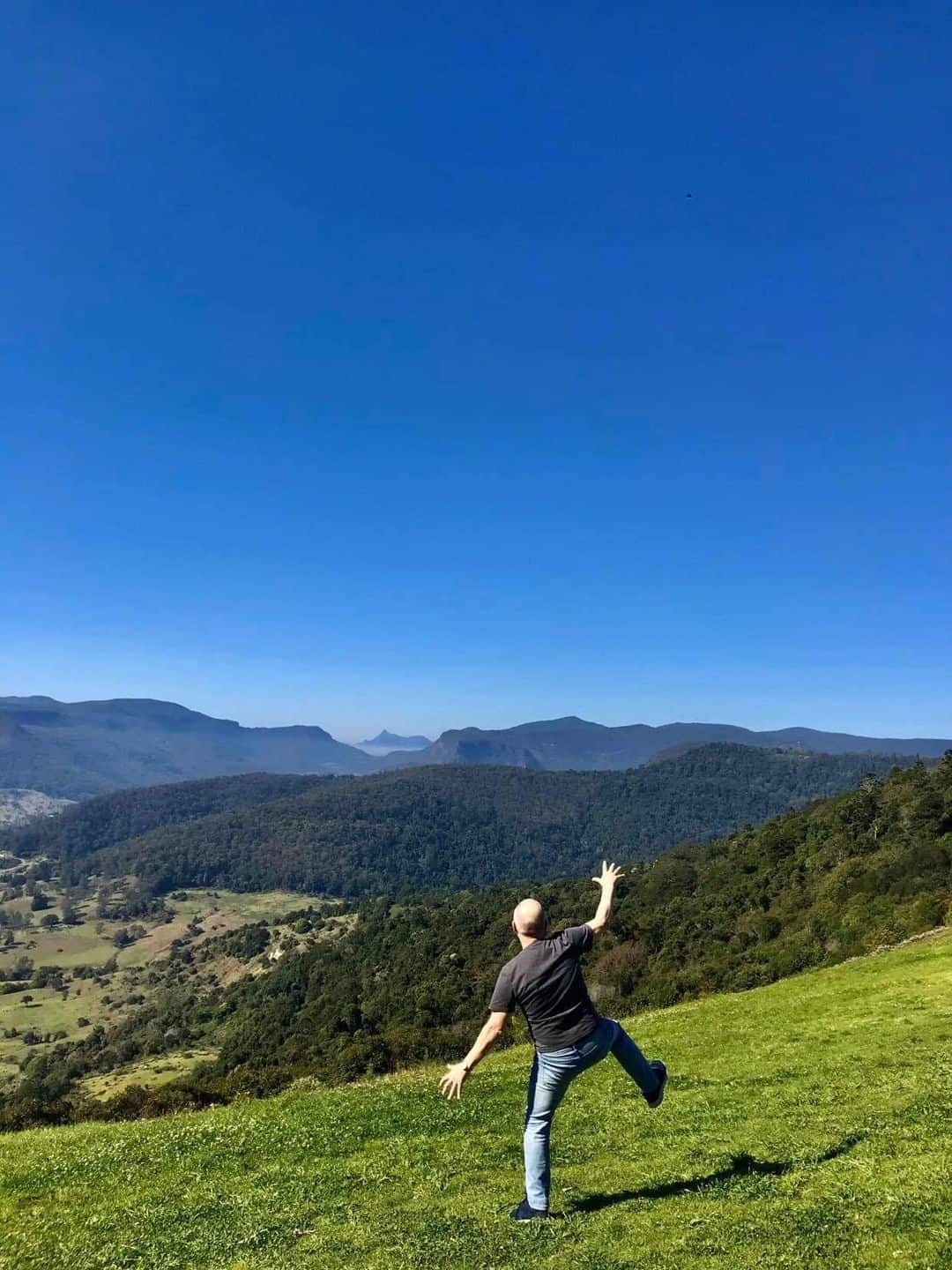
Nature and Mental Health > Hennessy Clinical Psychology
Finding Calm in the Chaos: Why Nature Matters for Mental Health
A regular dose of nature benefits mental health. I treat time in nature as essential for my own mental wellbeing. As a clinical psychologist, my work revolves around supporting people through some of life’s most painful and complex emotional challenges. It’s work I deeply value—but like many in the helping professions, I’ve come to learn that self-care isn’t a luxury, it’s a lifeline.
One of the ways I protect my own mental health and avoid burnout is with a regular dose of nature. I don’t just preach that nature benefits mental health, I live it. This simple, powerful practice has become a cornerstone of how I stay grounded and resilient, not just as a therapist, but as just another human facing the ongoing challenges of humaning.
Nature and Mental Health: The Evidence Behind the Practice
Spending time outdoors isn’t just a personal preference—it’s backed by research. Studies show that regular exposure to natural environments can:
- Lower cortisol levels (the stress hormone)
- Improve focus and reduce symptoms of anxiety and depression
- Enhance mood and emotional regulation
- Support nervous system recovery
According to the Australian Psychological Society, practices like mindfulness and connection with nature are essential parts of a holistic approach to psychological wellbeing.
How I Use Nature as Self-Care as a Clinical Psychologist
Whether it’s:
- A quiet walk among eucalyptus trees
- The rhythmic sound of waves on a beach
- The warmth of the sun on my skin
Each moment in nature offers me something invaluable—a chance to exhale. It’s in these quiet moments outdoors that I reconnect with myself, reset my nervous system, and remember why I do this work.
In a field where burnout is real, these moments aren’t optional. They’re essential.
Burnout Prevention in the Helping Professions
Mental health professionals, therapists, nurses, social workers—we all give a lot. If we don’t have regular ways to restore our energy, we risk compassion fatigue, decreased effectiveness, and even long-term health consequences.
So how do we prevent burnout?
- Set firm boundaries around work and rest
- Engage in mindfulness-based practices
- Make time for nature-based self-care
- Seek your own supervision or therapy when needed
If you’re looking for therapeutic support in managing burnout, anxiety, or stress, visit our Therapy Services page.
Your Turn: How Do You Recharge?
I’d love to hear from others in the helping professions—what’s your version of a mental reset? How do you restore your energy after holding space for others?
Feel free to share in the comments or connect with us on LinkedIn to join the conversation.
Conclusion: Nature as a Tool for Sustainable Support
Nature is one of the most effective and accessible tools we have to regulate, reflect, and renew. It’s a reminder that we are part of something bigger—and that in order to help others heal, we must care for ourselves too.
If you’re feeling overwhelmed, or if you’re supporting others and need a space to land, reach out. We’re here to help.
📞 Ready to connect with a psychologist who understands the emotional load of care work?
Book a Consultation with Hennessy Clinical Psychology today.
Links
Nurtured By Nature American Psychological Association
